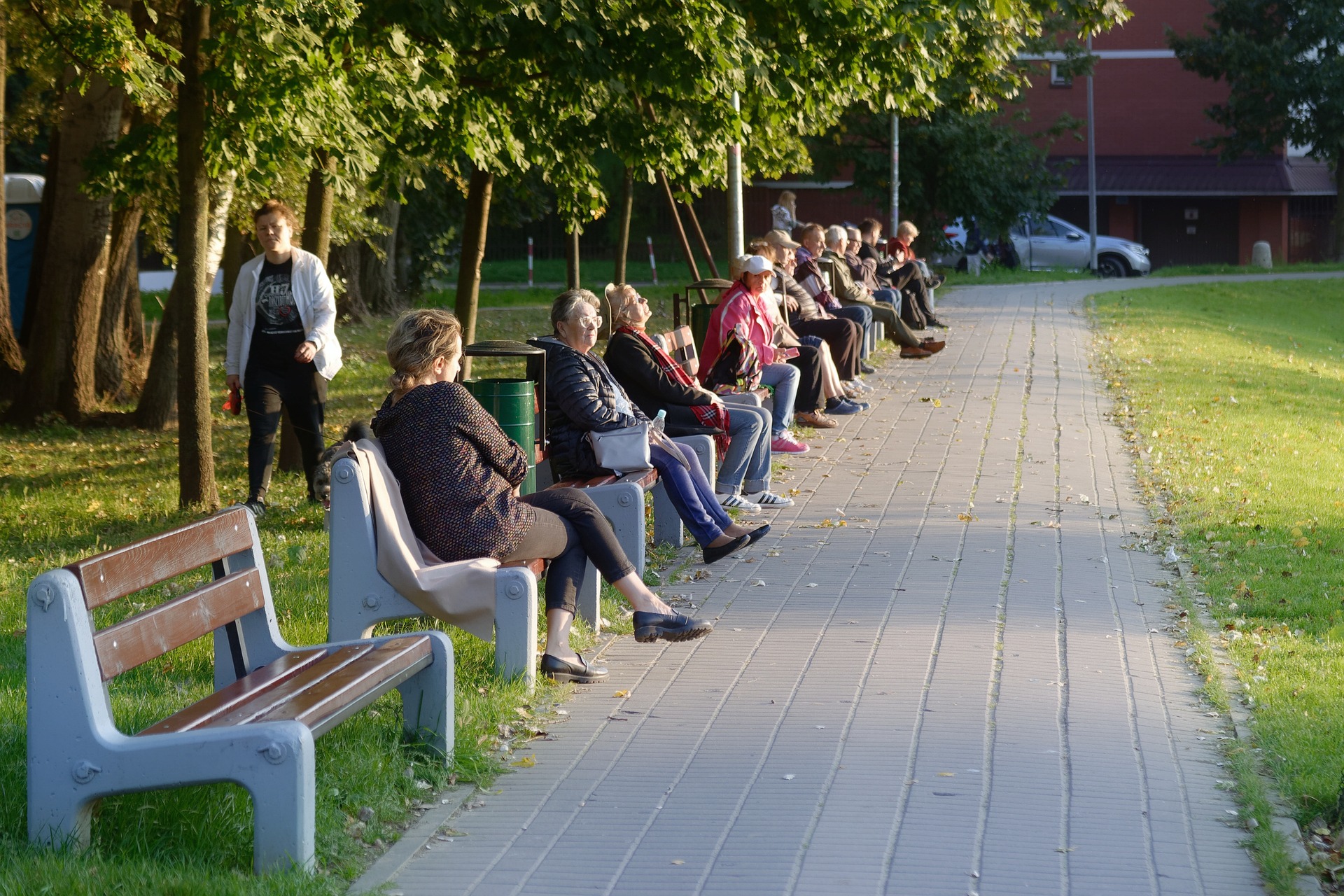Reimagining the Role of Empathy in Today's Society
In a world where rapid technological advancements and shifting societal norms continuously redefine our daily experiences, a profound, yet often overlooked, aspect of human interaction is taking center stage: empathy. Read below to explore the renewed significance of empathy in our contemporary society and how it is shaping our collective future.

The Historical Context of Empathy
Empathy, the ability to understand and share the feelings of others, has been an integral part of human society since the dawn of time. As humans evolved, so did our capacity for empathy, which played a crucial role in forming cohesive, cooperative communities. Historically, empathy was a survival tool that enabled humans to form strong bonds and work together. However, the role of empathy has evolved significantly over time, shaped by changing societal structures and cultural norms.
Empathy in the Modern World
With the dawn of the digital age, the nature of human interaction has dramatically changed. Technology, while connecting us globally, has often led to a perceived decrease in personal, face-to-face communication. This shift has sparked a renewed interest in empathy, as society grapples with maintaining genuine human connections amidst a sea of digital interactions.
The Societal Implications of Empathy
In the face of growing societal divisions and an increasing emphasis on individualism, empathy serves as a bridge, fostering mutual understanding and unity. Whether it’s navigating political disagreements, understanding diverse cultural experiences, or addressing social inequalities, empathy plays a vital role in promoting dialogue and collaboration. The growing emphasis on empathy in education, corporate culture, and community initiatives reflects its significance in shaping a more inclusive, understanding society.
Empathy: Backed by Research
Numerous sociological and psychological studies highlight the importance of empathy in our daily lives. Research indicates that empathy can reduce conflict, foster positive relationships, and promote emotional well-being. More importantly, it serves as a catalyst for social change, motivating individuals to take action against injustice and inequality.
The Future of Empathy
As we navigate an increasingly complex and interconnected world, empathy will continue to shape our societal landscape. By fostering empathy, we can cultivate a society rooted in understanding, collaboration, and mutual respect. As technology continues to evolve, it is imperative to maintain and promote our capacity for empathy, ensuring it remains a cornerstone of our collective human experience.
Understanding and implementing empathy in our daily lives is not just a societal trend, but a necessity for a harmonious future. As we delve further into the digital age, the importance of empathy will only continue to grow. It’s not just about understanding each other better, but about creating a world where everyone feels seen, heard, and valued.



